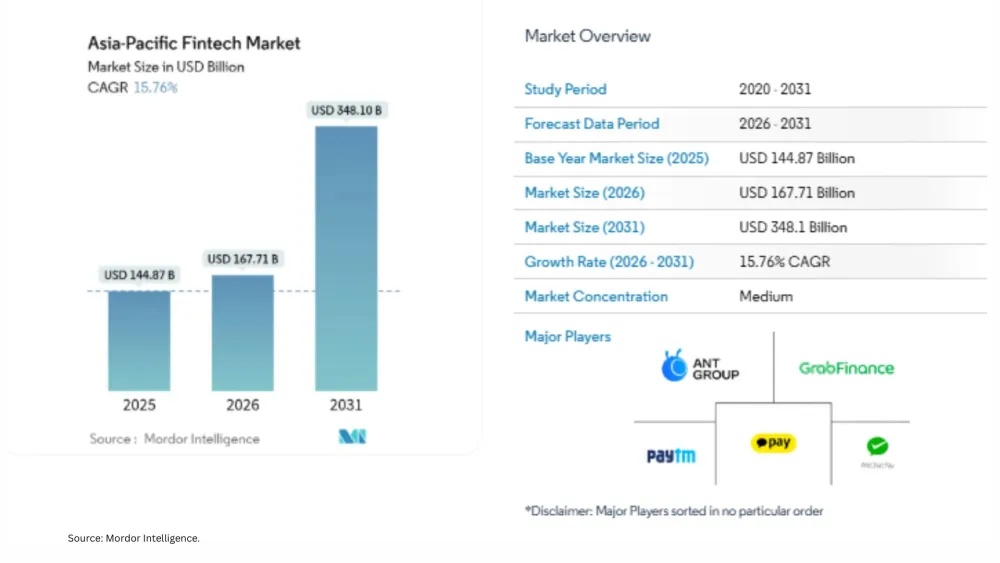A License to Digitise: Embracing a Customer-First Approach in Singapore's Digital Banking Race
By Kenneth BokBuoyed by trends such as ongoing digitalisation, the use of big data, and the rise in seamless mobile internet connectivity, Southeast Asia’s financial services sector is transforming. With 360 million internet users across the region, accounting for approximately two-thirds of its population, 90 percent access the internet via their mobile phones. The increased emphasis on the digital experience has largely catalysed change across the global financial sector, giving rise to the digital banking phenomenon. As one of the region’s leading financial hubs, Singapore has a key role to play in this new regime.
Expected to be issued by June 2020, Singapore has drawn widespread interest for the five digital banking licenses it has on offer. These licenses are expected to enable benefits spanning lower operating costs to the ability to access a wider customer segment. These coveted licenses have attracted numerous conglomerates to join the ranks of established financial institutions offering financial services to the city-state, from the likes of Southeast Asian ride-hailing giant turned superapp Grab to Alibaba Group’s Ant Financial. Not one to shy away from competition, Singapore’s offering comes hard on the heels of the Hong Kong Monetary Authority’s issuance of eight digital banking licenses in 2019. The trend doesn’t stop there, with Bank Negara Malaysia expected to issue up to five digital banking licenses throughout this year.
A competitive edge in the digital future
By opening its doors to digital banks, Singapore is poised to access the untapped potential of the ASEAN market, given that many small businesses and nearly half the people in the region remain underserved by today’s traditional financial institutions. With the ability to cheaply facilitate microtransactions and provide smaller credit lines, the rise of digital banks is likely to also improve financial accessibility for small-medium enterprises (SMEs) and micro SMEs, who continue to struggle to access adequate credit.
With many of the applicants themselves having strong existing user bases, be it Grab, Singtel, or Sea, such organisations can easily tap into and integrate their existing service offerings with financial products, leading to a logical expansion into the financial services space. In line with the wider narrative of open finance, which enables third-party developers to build integrations with financial institutions to cultivate greater financial transparency, the digital banking licenses will be a stepping stone in this direction. With the potential to revolutionise banking as well as spur greater innovation in the types of financial products we see today, it’s likely that we’ll witness significant benefits for consumers and businesses alike. In so doing, digital banks can serve to strengthen Singapore’s banking sector with innovative business models and access to new technologies otherwise currently unseen in today’s industry, while ensuring it stays resilient, competitive, and vibrant in the digital future.
Adopting winning strategies
Singapore could stand to benefit from learning from countries that have previously issued digital banking licenses such as Hong Kong and China, localising and adapting approaches that have been key drivers to success across these markets. As a first step, it is essential to clearly identify target customers and consider the user experience journey for the digital consumer, determining the right value propositions and services that could be provided to them. In the UK and across Europe, digital banks have seen strong growth in customer base, but only few of these are profitable. This may be due to the fact that customers opt to keep their primary bank account with traditional banks, simply adding another digital bank account in order to use its free services or make small transactions.
In this regard, it is vital for digital banks to offer differentiating banking services and products from traditional banks with meaningful value, such as by integrating financial services seamlessly within non-banking user journeys or leveraging consumer data to provide lifestyle services on top of standard banking activities. Those catering to SMEs could also try to offer services such as simple trade finances, invoice discounting products, alternative credit scoring methods, and integrated cash management platforms.
A new era of finance
Requirements of stability and financial profitability aside, the entry of large conglomerates into Singapore’s digital banking race should come as no surprise. For consumers, the benefits are clear: more choice, more efficiency, and greater connections with other services and applications that they engage with on a day-to-day basis. The future of finance will be determined by data as much as by the customer experience: supported by their core businesses, these license applicants stand to benefit from a unique ability to better understand their customers.
With existing user bases, the digital banking license is a natural expansion into the realm of greater utility, as businesses look to acquire, retain, and meaningfully grow customer relationships. In a time where every company succeeds by maintaining the greatest amount of relevance across multiple domains, finance is but the next logical frontier.




















 Advertise
Advertise














